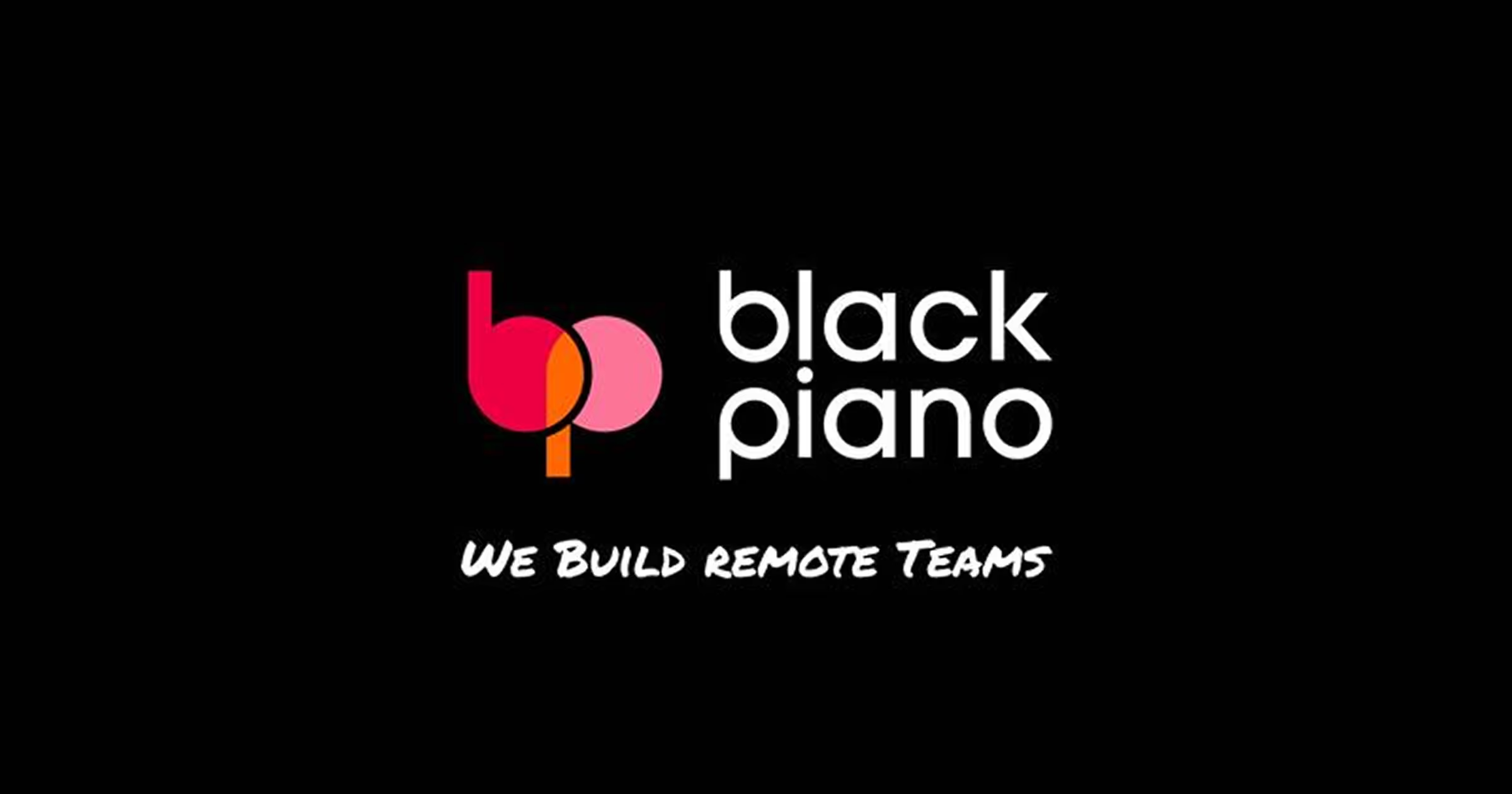Key takeaways
Outsourcing human resources services can refer to outsourcing every human resource department process, including recruitment, payroll, employee benefits and compliance. By adopting this approach, different organisations are in a position to concentrate on fundamental business functions while outsourcing human resource tasks to specialised organisations.
Outsourcing of HR services are advantageous because it will lead to cost saving measures, ensure that the companies are in line with the set laws and regulations as well as embrace new technology and techniques in the conducting of their business. Outsourcing is a phenomenon that has grown rapidly in recent years, especially HR outsourcing. In this detailed guide, we will look at the types of HR outsourcing, the advantages of outsourcing, the disadvantages, and how to select the right service provider for your organisation.
Human Resources or HR is an essential function in all organisations but sometimes managing them with an in-house team can be challenging and time-consuming. This is where HR outsourcing can come in handy.
If you think offshoring and outsourcing are the same, then you are wrong. They may have the same nomenclature but read our blog on Offshoring Vs Outsourcing Vs Employer of Record- to understand how each one has distinctive features and can’t be used interchangeably.
But the question arises how Human Resource outsourcing services can help your business? This blog will discuss the concept of outsourcing HR services, benefits and types so that you can make a rational decision.
Why companies outsource?
It is common for firms to outsource because it helps to make operations efficient, and cheap, and avail specialised skills that may be scarce. Outsourcing means that different organisations can outsource IT services or any other function that is not the core concern of an organisation and, hence improving productivity.
Outsourcing also provides flexibility for a company to expand or contract the services that the outsourcing provider offers. Further, it can enhance the quality, reduce the time in which the results are produced, and gain an advantage over the competition by using the technologies and procedures outsourced providers use.
Benefits of HR outsourcing
Cost savings
The first and most important benefit of outsourcing is cost-saving HR services. If you outsource services, you may not need a full-time in-house HR team which means you can save on salaries, benefits and training expenses. This financial freedom will allow you to reinvest in other critical areas of your business.
Read here in detail how HR outsourcing can reduce costs.
Access to expertise
Outsourcing HR or any other service provides you access to a variety of expertise. Since you have access to global talent, you gain the advantage of working with professionals who are well-versed and best in all aspects of human resource services. They are up to date with the latest laws, best ideas and knowledge of industry trends.
Improved efficiency
Managing HR tasks in-house can be time and energy consuming which can lead to inefficient work. By outsourcing these functions, you are hiring specialists who can handle the tasks promptly and efficiently. As per a survey businesses that outsource HR report a 30% increase in administrative efficiency.
Focus on core business functions
When you outsource your HR duties to a third party, you can concentrate on your core business functions or areas which require your attention more. This transition helps you dedicate more time and resources to innovation, customer service or any other possible area. Freeing up from HR you can also invest in future strategies and goals.
Scalability and flexibility
If you want your business to grow, then it should be flexible. Offshoring HR services offers scalability and can be adjusted as per the current needs of the business. Whether you wish to hire more or have some additional hands for a few days, outsourcing can manage it all.
According to the Society for Human Resource Management (SHRM), the average cost to hire an HR is over £3000 whereas if you outsource it the cost is reduced by 50%, without compromising on skills. Want to take this advantage? Connect with Black Piano- a trustworthy and transparent EoR.
Read further about the benefits of HR outsourcing in our latest blog - “Benefits of HR outsourcing”.
Types of HR outsourcing services
Recruitment process outsourcing (RPO)
In Recruitment Process Outsourcing (RPO), you can transfer all or some parts of the recruitment process to an external service provider. They can manage the entire cycle from job profiling and sourcing to final onboarding. RPO services can help your business enhance its prolificity.
Payroll outsourcing
The second type is payroll outsourcing. In this, you can delegate the management of payroll functions to a third-party service provider. This will help you with accurate and timely payment of salaries, compliance with tax regulations and handling of deductions and benefits.
Employee benefits administration
Employee benefits administration outsources encompasses managing employee benefits programs such as health insurance, retirement plans and other perks. Outsourcing benefits administration can help companies provide better employee benefits, reduce administrative workload, and stay compliant with regulatory requirements.
Training and development outsourcing
Training and Development Outsourcing involves hiring external experts to design, deliver, and manage training programmes for employees. By outsourcing training and development, organisations can leverage specialised expertise, offer high-quality training programmes, and focus more on their core business activities.
Compliance and risk management outsourcing
Compliance and Risk Management Outsourcing involves engaging third-party specialists to ensure that the organisation adheres to relevant laws, regulations, and industry standards. These services may include audits, risk assessments, policy development, and ongoing monitoring.
Read here in detail about types of HR Outsourcing.
Choosing an HR outsourcing provider
Factors to consider when selecting a provider
Selecting the right HR outsourcing provider is a critical decision that can significantly impact your organisation's efficiency and employee satisfaction. Here are some key factors to consider:
- Expertise and Experience: Ensure the provider has substantial experience and a proven track record in your industry.
- Service Range: Assess whether the provider offers a comprehensive range of HR services, such as payroll, recruitment, compliance, and benefits administration.
- Technology and Innovation: Check if the provider utilises up-to-date technology and software to streamline HR processes.
- Reputation and References: Look into the provider’s reputation by seeking client testimonials and case studies.
- Cost-Effectiveness: Evaluate the cost structure and ensure it aligns with your budget without compromising on quality.
- Flexibility and Scalability: The provider should be able to adapt to your changing needs and support your organisation's growth.
- Compliance and Risk Management: Ensure the provider has robust measures in place to handle legal compliance and mitigate risks.
Questions to ask potential HR outsourcing partners
When interviewing potential HR outsourcing partners, it’s important to ask detailed questions to gauge their suitability:
- What experience do you have in our industry?
- Can you provide references or case studies from similar organisations?
- What HR services do you offer, and are they customisable?
- What technology platforms do you use, and how do they integrate with our existing systems?
- How do you ensure compliance with local and international labour laws?
- What is your approach to data security and confidentiality?
- Can you describe your onboarding process for new clients?
- How do you measure and report on service performance and client satisfaction?
- What is your fee structure, and are there any hidden costs?
- How do you handle scalability and support for growing companies?
Check out the latest blog on trends in HR Outsourcing.
Evaluating HR outsourcing contracts
Careful evaluation of HR outsourcing contracts is essential to avoid potential pitfalls and ensure a beneficial partnership:
- Scope of Services: Clearly define the services included and any additional costs for extra services.
- Service Level Agreements (SLAs): Ensure the contract includes SLAs that specify performance standards and response times.
- Termination Clause: Check the terms for contract termination, including notice periods and any penalties.
- Confidentiality and Data Protection: Verify clauses that ensure the protection of sensitive employee and company data.
- Liability and Indemnity: Understand the provider’s liability in case of non-compliance or service failures.
- Payment Terms: Clarify payment schedules, methods, and any conditions for fee adjustments.
- Contract Duration and Renewal Terms: Review the length of the contract and conditions for renewal or renegotiation.
- Dispute Resolution: Ensure there are clear procedures for resolving any disputes that may arise.
- Customisation and Flexibility: The contract should allow for adjustments based on your organisation’s evolving needs.
- Exit Strategy: Plan for a smooth transition if you decide to switch providers in the future, including data handover and support during the transition period.
Implementing HR outsourcing
Thinking about outsourcing your HR? It’s a smart move if you’re looking to streamline operations, cut costs, and boost HR service quality. But to get it right, there are a few key steps you should follow. Let’s break it down:
Steps to successfully implement HR outsourcing
- Figure out what you need
Start by taking a good look at your current HR setup. What’s working, and what’s not? Decide what you hope to achieve with outsourcing, whether it’s saving money, improving compliance, or enhancing employee benefits.
- Find the right partner
Not all HR outsourcing companies are created equal. Do your homework to find one that fits your industry and needs. Check out their track record, service options, and client feedback. Don’t forget to ask for proposals and dig deep before making a choice.
- Set clear expectations
Outline exactly what services you expect from your HR partner. Draft a Service Level Agreement (SLA) that spells out performance metrics, reporting requirements, and compliance standards. Clarity here will help avoid misunderstandings later.
- Keep everyone in the loop
Let your employees and other stakeholders know what’s coming. Be open about why you’re outsourcing and how it will impact them. Clear communication is key to keeping everyone on board.
- Create a transition plan
Map out how you’ll move from in-house to outsourced HR. Your plan should include timelines, key milestones, and who’s responsible for what. Make sure everyone involved, including the outsourcing provider, knows the plan inside out.
- Launch and monitor
Put your plan into action and keep an eye on how things are going. Regularly check if the outsourcing provider is meeting the agreed standards and tackle any issues that come up to keep things running smoothly.
- Gather feedback and adjust
After the transition, ask for feedback from employees and managers. Use their input to tweak and improve the outsourcing arrangement. Continuous improvement will help you get the most out of your new HR setup.
Transitioning from in-house to outsourced HR
Switching from your in-house HR team to an HR outsourcing? Here’s how to make it as smooth:
- Understand your current HR roles
Identify which HR tasks and roles will be handed over. Think about how this change will affect your existing HR staff and their future roles.
- Transfer knowledge smoothly
Make sure all essential HR knowledge and data are transferred to the new provider. This includes employee records, current practices, and any ongoing projects.
- Train your team on the new system
Inform and make your old employees adapt to the new system by providing training on how to interact with the outsourced HR team and how to use any new systems or tools.
- Stay on top of legal and compliance issues
Make sure your outsourcing service provider follows all employment laws and regulations. Update your contracts and policies as per the new laws and rules.
- Support during the transition
Keep a close eye on the transition and offer support where needed. Be ready to address any bumps along the way to ensure a smooth changeover.
Measuring the success of HR outsourcing
Wondering if your HR outsourcing is hitting the mark? Here’s how to tell:
- Check the SLAs
Regularly review how the provider is performing against the Service Level Agreements. Look at service quality, response times, and compliance.
- Look at cost savings
Compare your actual expenses with your initial budget. Are you saving money as expected? This will help you gauge the financial impact of outsourcing.
- Get employee feedback
Ask employees how they feel about the new HR services. High satisfaction levels usually mean things are going well.
- Evaluate service quality
Assess the quality of HR services you’re receiving. Are payrolls accurate? Is recruitment effective? Are employee benefits being managed well?
- Review and adjust regularly
Perform periodic reviews to note how the outsourcing services are performing and adjust as needed. This will help you keep everything on track and optimise results.
You will be surprised to see how much you will save when you outsource, use our employee cost calculator and see the difference yourself. If you are ready to outsource your services, let’s start hiring.
Connect with Jon to understand how this process works and what you need.














































.webp)










